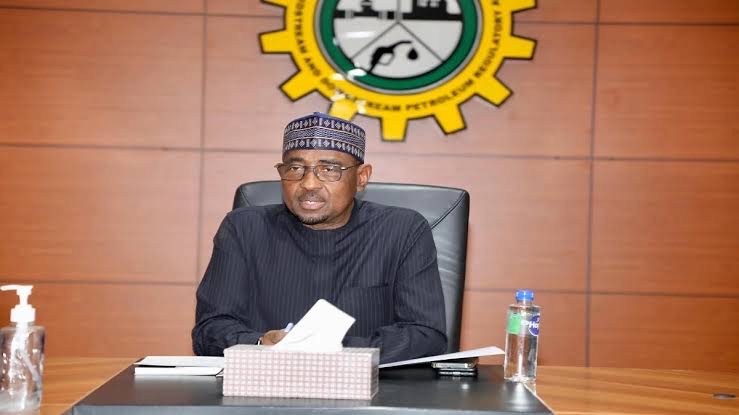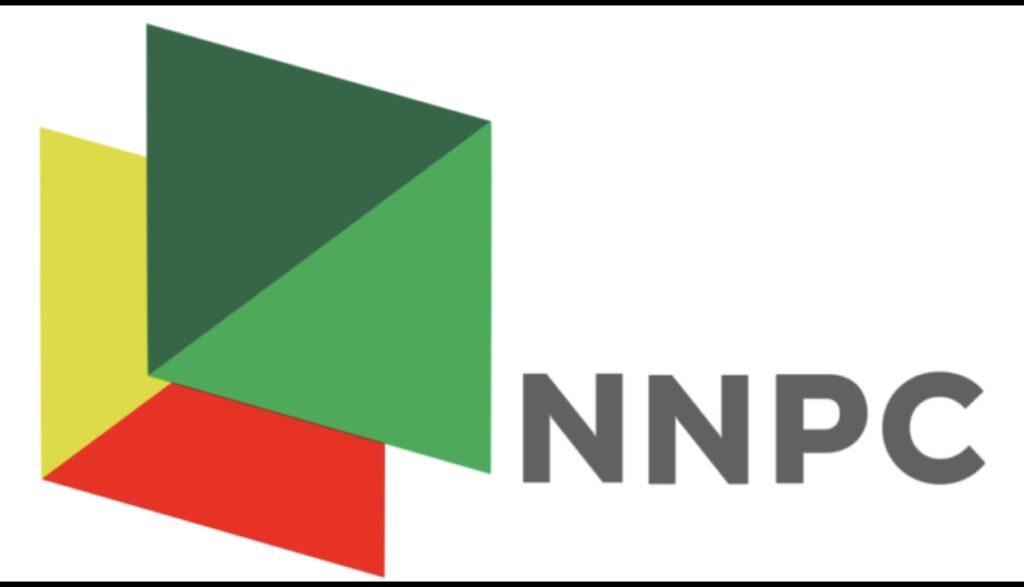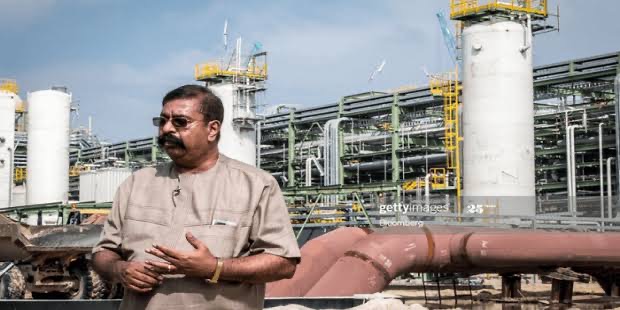Concluding a reliable crude supply agreement and determining an appropriate selling price are two major hurdles for the Nigerian National Petroleum Corporation (NNPC) Limited as the company assumes its role as the sole buyer of gasoline to the Dangote refinery.
The Nigerian Midstream and Downstream Petroleum Regulatory Agency (NMDPRA) on Tuesday announced that the $20 billion Dangote refinery in Lagos will supply the Nigerian market with 25 million litres of gasoline per day in September and 30 million litres in October.
Journalists learned that a full agreement has yet to be reached to ensure that NNPC has sufficient crude stocks to guarantee immediate refining of 25 to 30 million litres of gasoline per day in September.
“For NNPC, the issue of crude supply is still a major concern, and postulations on how much NNPC will sell the crude to Dangote in naira is still a major hurdle,” a senior downstream executive told reporters.

Once NNPC formalizes procedures on crude feedstock and crude selling price in naira, petrol from Dangote refinery will reach gas stations within 48 hours, the official said. “Depending on the NNPC, our PMS (Premium Motor Spirit) may be in service stations in the next 48 hours,” Dangote Group President Aliko Dangote said on Tuesday.
Journalists recall that Dangote and other local modular refineries have repeatedly accused the NNPC of not selling crude oil.
Dangote Group spokesperson, Anthony Chiejina said in August that the refinery needed 15 cargoes of crude oil to operate in September but could not get the required amount from either the NNPC or the international oil companies (IOCs) operating in Nigeria.
“For September, our requirement is 15 cargoes, of which NNPC allocated six. Despite appealing to the Nigerian Upstream Petroleum Regulatory Commission (NUPRC), we’ve been unable to secure the remaining cargoes,” Chiejina said in a statement.

Chiejina said in a statement. On July 11, the NUPRC announced that major oil-producing countries had agreed to develop a framework to ensure sustained supplies of crude oil to local refineries, appearing to signal a de-escalation in relations between Dangote and the IOCs operating in Nigeria, which will be delivered at market prices.
Tensions had already peaked in June when Dangote officials alleged that the IOCs were charging refineries a range of over $6 per barrel of crude oil, suggesting that supplier reluctance was affecting the refinery’s ability to procure feedstock.
Moreover, the NNPC, once considered one of the facility’s largest suppliers, has been underperforming relative to expected crude oil deliveries, leaving uncertainty over the supply route to the newly commissioned facility.
NNPC was initially set to supply Dangote with 300,000 barrels per day (bpd) of crude oil at a discount but has only supplied about 82,000 bpd since the refinery began operations, according to August data from S&P Global Commodities at Sea.
Dangote Oil Refinery has said its premium motor spirit, commonly known as petrol, will be exported if NNPC and other oil trading companies in the country refuse to supply it. Dangote Industries Limited Vice President for Oil and Gas, Devakumar Edwin, said on Monday that the company’s gasoline would be exported if the NNPC and other oil trading companies in the country refused to supply it.
“So, the good news for the country is we have started producing PMS from our refinery since Sunday,” he acknowledged.
When asked if the gasoline would be sold locally, Edwin replied: “Well, I explained how there has been a kind of a blockade from lifting our products within the country. The traders have been trying to block (it), and so now we have been exporting our petroleum products. PMS, we are ready to pump in as much as possible to the country.
“But if the traders or NNPC are not buying the product, obviously, we will end up exporting the PMS as we are doing with the aviation jet and diesel,” he said.































